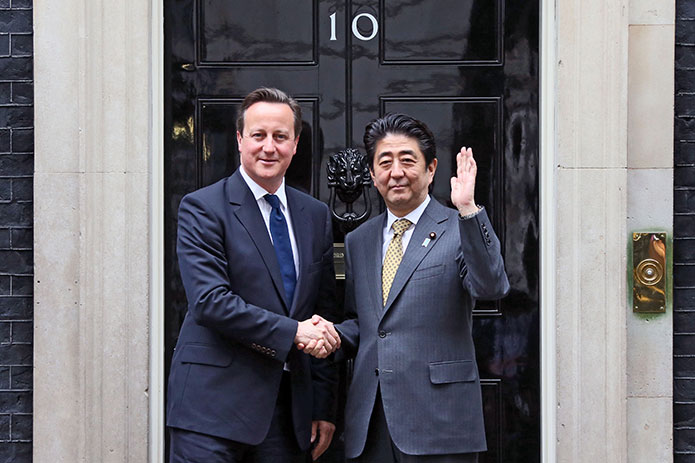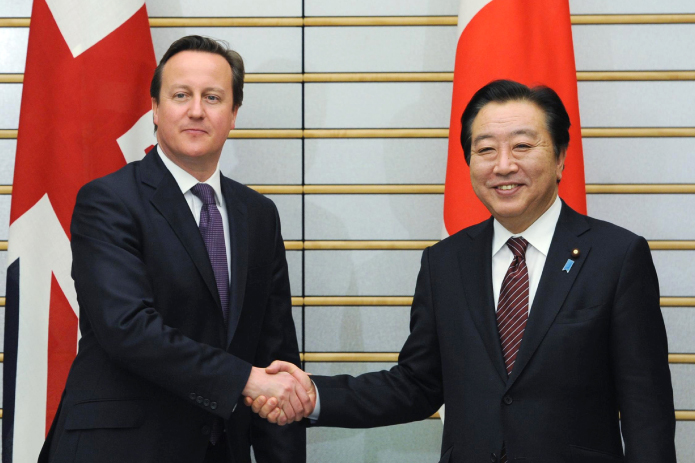The speed of change under the government of Yukio Hatoyama has been faster than most expected. Arguably, the most profound changes are being made to the way Japan governs itself — and these stand to significantly weaken the “Iron Triangle” by which Japan is said to be ruled.
The three sides of the triangle are links between politicians and bureaucrats; politicians and business; and bureaucrats and business. While imperfect in many ways, the triangle has remained a useful tool in analysing how power is exercised in Japan. The changes the Democratic Party of Japan (DPJ) is introducing to government processes are undermining the relationships that have kept the triangle in place.
Politicians and bureaucrats
Under the Liberal Democratic Party (LDP), a complicated system of party policymaking machinery operated parallel to government policy processes. This meant bureaucrats needed to cultivate politicians in the relevant party policy committees to secure support for their policy objectives. Politicians, in turn, cultivated bureaucrats to get their interests reflected in policy. This system provided many opportunities for special interests to influence policy outside formal government policymaking mechanisms.
The DPJ aims to sweep this system away and have all policy developed through government machinery, culminating in decisions in the Cabinet. It has, therefore, dismantled its party policy committee structures. To address concerns of backbenchers that feel bereft of a role, it has begun holding policy meetings giving coalition Diet members opportunities to feed views into policy. As coordinators of party input, junior ministers have taken on a far more significant role under the new government.
Politicians and business
The most damaged part of the triangle is the link between big business and politicians. For half a century, corporate Japan has forged close relationships with, and helped fund, the LDP. With the prospect of political change always dim, businesses, with few exceptions, never had to hedge their bets by forming relationships with opposition parties.
But the change in government has left business with few powerful friends in the Diet. The strong opposition of business to the government’s 25% CO2 reduction target, both before and after the election, has worsened relationships. The DPJ sees policy as having been dominated by the interests of corporate Japan for too long, and wants to balance these with the interests of other groups.
Business and bureaucrats
The relationship between business and bureaucrats is the least damaged side of the triangle. Bureaucrats continue to see the interests of Japan’s major corporations as largely in line with the country’s national interest. However, the power of bureaucrats has diminished as a result of the DPJ’s efforts to shift power away from them and strengthen ministerial responsibility and authority. It has made clear that ministers should be the primary mouthpieces of their portfolios, stopping bureaucrats from answering questions for ministers in the Diet and restricting their access to the press.
What this means for business
If the DPJ successfully implements its program, Japanese government processes should become more streamlined and transparent. This will address the foreign business community’s traditional complaints about the Japanese system — the high level of administrative discretion in the hands of powerful officials; impenetrable policymaking processes; and the invisible protection afforded to politically well-connected local corporations. The Iron Triangle lay at the heart of these complaints.
However, it may be premature to write the Iron Triangle’s obituary. Senior bureaucrats, the most talented of their generation, may mount a counter-attack. And the DPJ’s longevity is an open question — a lot may depend on whether it can strengthen its grip on power by winning a majority in the Upper House elections in July.
As things stand, the Iron Triangle appears to have already received a severe blow, and may never recover its former strength.





